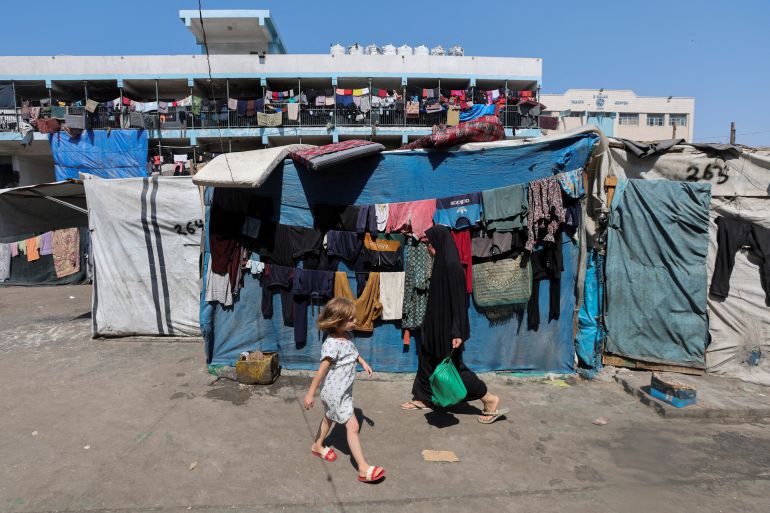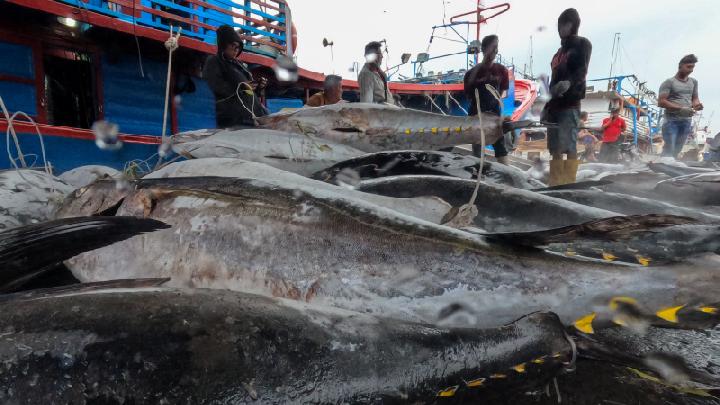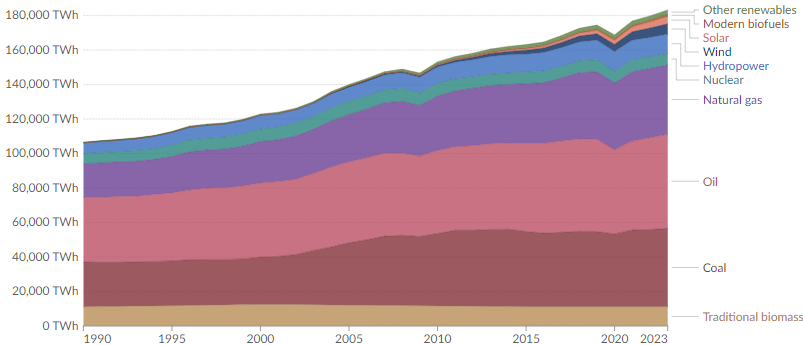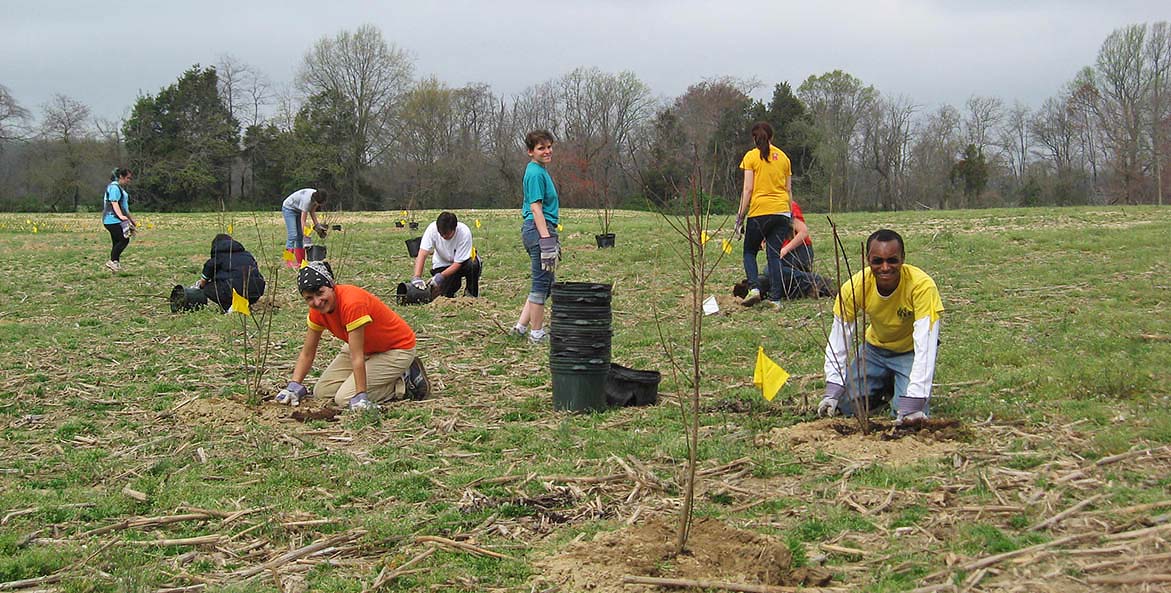World

World
03 Nov, 2025
Humanitarian Crisis Deepens in Gaza as Aid Access Shrinks Amid Escalating Conflict
Milagros Bituin
The humanitarian situation in Gaza is deteriorating rapidly as ongoing military operations have resulted in mounting casualties, massive displacement, widespread destruction, and increasing constraints on relief efforts, according to United Nations humanitarians.
The UN Office for the Coordination of Humanitarian Affairs (OCHA) revealed that in just five days, 11 emergency shelters accommodating around 11,000 people have been hit directly or indirectly in Gaza City. These facilities were under the care of the UN Relief and Works Agency for Palestine Refugees in the Near East.
OCHA's monitoring partners have documented a sharp rise in internal displacement within the Gaza Strip, now surpassing one million since the collapse of the ceasefire in mid-March. From northern to southern Gaza alone, approximately 200,000 people were displaced over the past month, including 56,000 since the previous Sunday.
The agency expressed serious concern over displaced families forced to sleep in the open or makeshift tents, struggling to survive amid deteriorating conditions. Despite stringent restrictions, UN teams and their partners continue efforts to deliver critical aid across Gaza.
However, relief operations face multiple challenges. The Zikim crossing—the sole gateway into northern Gaza, where famine conditions have been confirmed—has been closed since the weekend. Additionally, Israeli authorities have designated some food items, including peanut butter, as "luxuries," barring their entry and causing significant stockpiles of approved aid to be held up outside Gaza. Inconsistencies in inspection protocols across different entry points compound delays and unpredictability.
Restrictions also hinder movements within Gaza itself. On Wednesday alone, three of 14 coordinated humanitarian missions were blocked, including two meant to deliver food to northern areas. Two additional attempts were partially completed or abandoned due to obstacles. Such impediments waste precious time and resources, limit assistance to vulnerable populations, and expose aid workers to heightened risks.
"The aid reaching people falls far short of what they need, and the cost is measured in lives," OCHA warned, emphasizing that new restrictions appear weekly, systematically preventing life-saving support.
Despite these roadblocks, humanitarian efforts have persisted. In early April, teams gathered over 12,500 tonnes of wheat flour, food parcels, and bulk supplies via Israeli-controlled crossings. Nearly 560,000 meals were served daily through 116 kitchens, alongside 10,000 loaves of bread distributed to displaced individuals relocating southward.
To combat malnutrition, UN agencies continued screening children and enrolling them in treatment programs. The UN Children’s Fund (UNICEF) dispatched more than 200,000 nutritional packs for infants and young children—sufficient for over 63,000 children for two weeks—and 10,000 boxes of high-energy biscuits to support acutely malnourished pregnant and breastfeeding women for one month.
Stephane Dujarric, spokesperson for UN Secretary-General Antonio Guterres, underscored the urgent need for a ceasefire and expanded humanitarian access at a briefing: "We need hundreds of trucks every day, safe and open routes, an end to bureaucratic delays, restoration of power and water, and more meaningful commercial imports."
He also called for the immediate and unconditional release of all hostages held by Hamas and other groups in Gaza, as well as the freedom of Palestinians arbitrarily detained in Israeli custody.
The situation remains fragile as humanitarian agencies continue to navigate complex access challenges amid the intensifying crisis in Gaza.
Recommended For You

Aklan Governor Advocates for Food Security at National Agri-Fishery Forum
Nov 03, 2025
Filemon Cruzado

SRA and HPCo Collaborate on Organic Pest Management to Protect Negros Sugarcane Farms
Nov 03, 2025
Vicenta Abadilla

Fuel Prices Set to Rise Again Amid Heightened Geopolitical Tensions
Nov 03, 2025
Vicenta Abadilla

Prime Infra Launches Tree Planting Initiative to Promote Environmental Sustainability
Nov 03, 2025
Filemon Cruzado
